August 17, 2020 •
Federal Lobbying Law Reform Bill Entered in US House
On August 11, a bipartisan bill to amend the federal lobbying law was introduced in the U.S. House of Representatives. Submitted by Republican Rep. Ben Cline and Democratic Rep. Dean Phillips, the Lobbying Disclosure Reform Act would require registration with […]
On August 11, a bipartisan bill to amend the federal lobbying law was introduced in the U.S. House of Representatives.
Submitted by Republican Rep. Ben Cline and Democratic Rep. Dean Phillips, the Lobbying Disclosure Reform Act would require registration with both the Clerk of the House of Representatives and the Secretary of the Senate, move enforcement of the lobbying laws to the U.S. Office of the Attorney General, amend registration and reporting thresholds, and assign a unique identification number to each individual registering as a federal lobbyist and to each client of that lobbyist.
H.R. 8022 would also require the disclosure of any persons providing strategic lobbying services in support of a registered lobbyist, who would then also be assigned unique identification numbers.
The Clerk of the House of Representatives and the Secretary of the Senate would have the responsibility of assigning the unique identification numbers.
The Oakland Public Ethics Commission has launched the OAKAPPS Lobbyist Registration and Reporting System. This system allows users to register as an Oakland lobbyist, maintain a client list, enter lobbyist activity, draft disclosure reports, and submit them online. It is […]
The Oakland Public Ethics Commission has launched the OAKAPPS Lobbyist Registration and Reporting System.
This system allows users to register as an Oakland lobbyist, maintain a client list, enter lobbyist activity, draft disclosure reports, and submit them online.
It is available at https://apps.oaklandca.gov/OakApps/OakApps.aspx.
In order to use the system, a user name and password is needed.
For questions about using this new system, please contact the Oakland Public Ethics Commission at ethicscommission@oaklandca.gov or 510-238-3593.
On May 28, new Internal Revenue Service (IRS) regulations allowing certain tax-exempt organizations to refrain from reporting the names and addresses of contributors on their annual reports to the IRS will take effect and be published in the U.S. Federal […]
On May 28, new Internal Revenue Service (IRS) regulations allowing certain tax-exempt organizations to refrain from reporting the names and addresses of contributors on their annual reports to the IRS will take effect and be published in the U.S. Federal Register.
This exemption from reporting applies to tax-exempt organizations generally not receiving tax-deductible contributions, such as labor unions, volunteer fire departments, issue-advocacy groups, local chambers of commerce, veterans’ groups, and community service clubs. These organizations are still required to continue to collect and keep the donor information and to make it available to the IRS upon its request. This change does not affect the information required to be reported by charities primarily receiving tax-deductible contributions, such as 501(c)(3) organizations, certain nonexempt private foundations, or 527 political organizations.
The Treasury Department and IRS had given three primary reasons for the change: the IRS makes no systematic use of this information collected by these organizations; the policy reduces the risk of inadvertent disclosure or misuse of confidential information; and the policy saves both private and government resources.
Previously, the IRS had issued a guidance to this effect, but on July 30, 2019, the IRS guidance limiting these disclosure requirements was set aside by a federal judge. In Bullock v. IRS, the U.S. District Court District of Montana (Great Falls) found the IRS violated the Administrative Procedure Act by not providing notice and allowing a public comment period before the guidance was issued. It predicated this decision by finding the guidance was a legislative rule. Subsequently, on September 6, the IRS issued a notice of a proposed rulemaking and accepted public comment.
February 26, 2020 •
Chicago Board of Ethics Releases Fourth Binding Advisory Opinion
The Chicago Board of Ethics released a fourth binding advisory opinion to provide additional guidance on Ethics Ordinance 2019-5305. Effective April 20, it will impose new registration and reporting requirements on certain nonprofit interactions with the city. The board states […]
The Chicago Board of Ethics released a fourth binding advisory opinion to provide additional guidance on Ethics Ordinance 2019-5305.
Effective April 20, it will impose new registration and reporting requirements on certain nonprofit interactions with the city.
The board states the 14 questions addressed in the new advisory opinion reflect the fundamental principal of Chicago’s lobbying law:
If an individual is paid by another person or organization to influence city administrative or legislative actions, the activity should be done transparently, either through official documented administrative processes or through registration and reporting lobbying activity.
October 22, 2018 •
Boston Mayor Signs Lobbying Ordinance
Mayor Marty Walsh signed an ordinance last week requiring lobbyist registration and reporting for individuals and entities attempting to influence city action. The ordinance was passed by city council in late September and requires registration by every person retained, employed […]
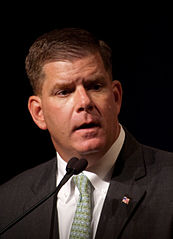 Mayor Marty Walsh signed an ordinance last week requiring lobbyist registration and reporting for individuals and entities attempting to influence city action.
Mayor Marty Walsh signed an ordinance last week requiring lobbyist registration and reporting for individuals and entities attempting to influence city action.
The ordinance was passed by city council in late September and requires registration by every person retained, employed or designated by any client or lobbying entity to engage in lobbying or lobbying activities.
This comes after two years of Mayor Walsh calling for increased transparency through the implementation of a lobbying ordinance.
In July, Mayor Walsh vetoed a lobbying ordinance passed by council as it failed to define and regulate lobbying and did not create an adequate enforcement mechanism.
The new ordinance, effective April 13, 2019, creates a quarterly reporting requirement and penalties for late registration and reporting.
June 28, 2018 •
Maine to Introduce Separate Campaign Finance Reporting System
The Maine Ethics Commission will be rolling out a new campaign finance reporting system for candidates, party committees, political action committees, and ballot question committees. The lobbyist reporting system will remain the same. However, for those individuals who use the […]
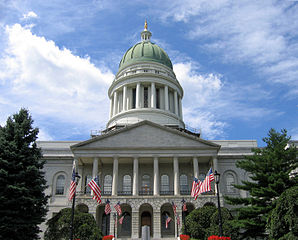 The Maine Ethics Commission will be rolling out a new campaign finance reporting system for candidates, party committees, political action committees, and ballot question committees.
The Maine Ethics Commission will be rolling out a new campaign finance reporting system for candidates, party committees, political action committees, and ballot question committees.
The lobbyist reporting system will remain the same. However, for those individuals who use the same login credentials to access both the campaign finance system and lobbyist system, the login will remain the same, but the reporting systems will be separate.
As a result of the upgrade, both the lobbyist reporting system and campaign finance system will be inaccessible starting at 6:00 p.m. June 28 until the morning of July 2.
Gov. Jeff Colyer signed a transparency bill to increase penalties for failing to file timely reports. Effective July 1, House Bill 2642 imposes late fees for any report over 48 hours late for candidates, political committees, and lobbyists. Penalties start […]
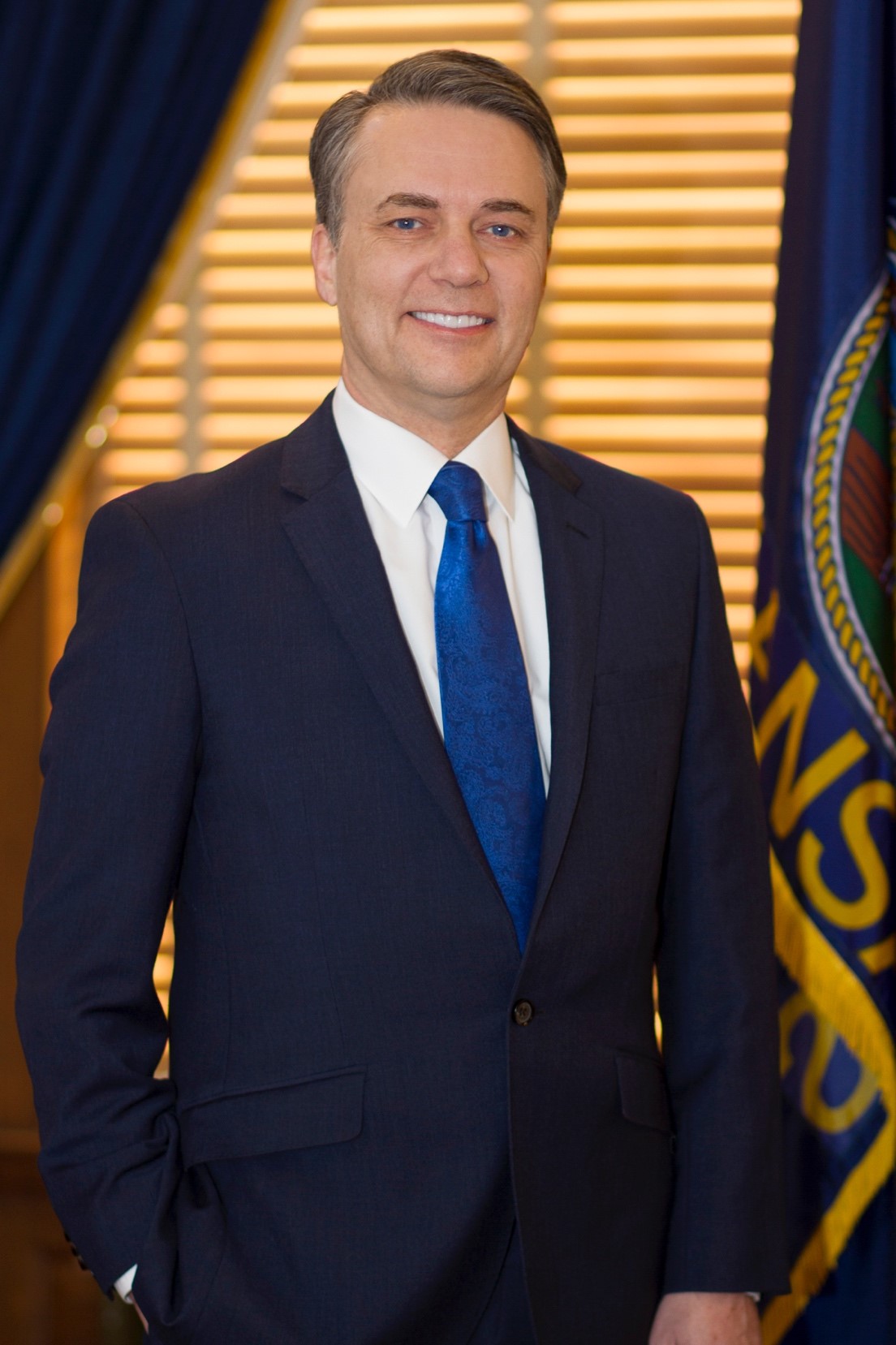 Gov. Jeff Colyer signed a transparency bill to increase penalties for failing to file timely reports.
Gov. Jeff Colyer signed a transparency bill to increase penalties for failing to file timely reports.
Effective July 1, House Bill 2642 imposes late fees for any report over 48 hours late for candidates, political committees, and lobbyists.
Penalties start at $100 for the first day and $50 for each subsequent day the report is late with a maximum up to $1,000.
The bill also requires lobbyist to file employment and expenditure reports electronically with the Office of the Secretary of State.
In an end-of-session bipartisan push, the Legislature and governor have come to agreement on ethics reform measures. Their five-point plan includes the following: With more disclosure measures in place, super PACs are now able to give and receive unlimited contributions […]
 In an end-of-session bipartisan push, the Legislature and governor have come to agreement on ethics reform measures.
In an end-of-session bipartisan push, the Legislature and governor have come to agreement on ethics reform measures.
Their five-point plan includes the following:
- With more disclosure measures in place, super PACs are now able to give and receive unlimited contributions if they do not coordinate with a candidate;
- Public officers convicted of corruption may face revocation or reduction of their pensions;
- First-time political consultants will be required to disclose when they simultaneously represent political officeholders and private sector clients with government business;
- The reporting thresholds for organizations who lobby on their own behalf has been lowered from $50,000 to $15,000 while individual limits have been lowered from $5,000 to $2,500;
- Contributions over $2,500 to organizations engaged in lobbying must now also be reported to JCOPE; and
- 501(c)(4) organizations will now be required to disclose funding if they engage in political activity and receive any financial support and in-kind donations from 501(c)(3) organizations.
Other new features from the plan include imposition of fines up to $10,000 or the amount of promised contingency fees for anyone violating the state’s prohibition on contingency fee lobbying, a delineation excluding all communication with journalists from the definition of lobbying, and more due process rights for individuals being investigated by the Joint Commission of Public Ethics (JCOPE), including the right to a hearing.
May 24, 2016 •
New York’s JCOPE Budgets to Defend Regulation
Earlier this year, the state Joint Commission on Public Ethics (JCOPE) made a regulatory change requiring public relations professionals to document outreach to editorial boards and report their activity to the state as lobbying. The regulation is now being contested […]
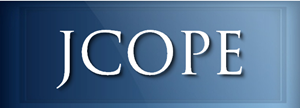 Earlier this year, the state Joint Commission on Public Ethics (JCOPE) made a regulatory change requiring public relations professionals to document outreach to editorial boards and report their activity to the state as lobbying.
Earlier this year, the state Joint Commission on Public Ethics (JCOPE) made a regulatory change requiring public relations professionals to document outreach to editorial boards and report their activity to the state as lobbying.
The regulation is now being contested by public relations firms who have joined in a federal suit challenging the reporting requirement under free speech provisions of the First Amendment. In response, the commission has budgeted $300,000 annually to a legal defense fund to support this measure.
February 12, 2016 •
Public Hearing Scheduled to Discuss Changes to Columbus, OH Ethics Laws
Columbus City Council President Zach Klein will hold a public hearing on proposed ethics legislation on Wednesday, February 17, 2016. The proposed changes enhance transparency and accountability for lobbyists, strengthen ethics disclosure laws, and amend campaign finance reporting requirements. Public […]
 Columbus City Council President Zach Klein will hold a public hearing on proposed ethics legislation on Wednesday, February 17, 2016. The proposed changes enhance transparency and accountability for lobbyists, strengthen ethics disclosure laws, and amend campaign finance reporting requirements.
Columbus City Council President Zach Klein will hold a public hearing on proposed ethics legislation on Wednesday, February 17, 2016. The proposed changes enhance transparency and accountability for lobbyists, strengthen ethics disclosure laws, and amend campaign finance reporting requirements.
Public testimony will be accepted. Comments will be limited to three minutes. Those wishing to comment must fill out a speaker slip at Columbus City Hall on the day of the hearing.
January 19, 2016 •
New Lobby Legislation Filed in New Mexico
State Representative Jeff Steinborn has introduced three pieces of legislation aimed at lobbyist disclosure and transparency. Steinborn’s bills would require employers of lobbyists to file biannual reports disclosing all funding spent to lobby the state government; would require lobbyists to […]
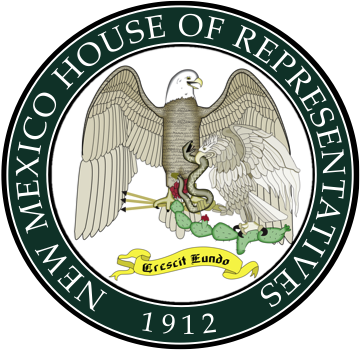 State Representative Jeff Steinborn has introduced three pieces of legislation aimed at lobbyist disclosure and transparency. Steinborn’s bills would require employers of lobbyists to file biannual reports disclosing all funding spent to lobby the state government; would require lobbyists to disclose specific pieces of legislation and administrative issues they are hired to work on; and would require lobbyists to specifically list each legislator who receives a gift, meal, or other expenditure from them.
State Representative Jeff Steinborn has introduced three pieces of legislation aimed at lobbyist disclosure and transparency. Steinborn’s bills would require employers of lobbyists to file biannual reports disclosing all funding spent to lobby the state government; would require lobbyists to disclose specific pieces of legislation and administrative issues they are hired to work on; and would require lobbyists to specifically list each legislator who receives a gift, meal, or other expenditure from them.
Steinborn has been successful with lobbyist legislation in the past, having passed a bill requiring the Secretary of State to publish lobbyist spending online in a searchable and downloadable format.
December 11, 2015 •
San Jose Considering New Lobbyist Requirements
Mayor Sam Liccardo is proposing new lobbyist disclosure rules for the city of San Jose. The rules would require lobbyists to report lobbyist activity weekly in electronic form. Currently, the city of San Jose requires quarterly disclosures be filed on […]
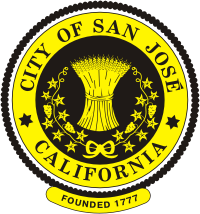 Mayor Sam Liccardo is proposing new lobbyist disclosure rules for the city of San Jose. The rules would require lobbyists to report lobbyist activity weekly in electronic form. Currently, the city of San Jose requires quarterly disclosures be filed on paper.
Mayor Sam Liccardo is proposing new lobbyist disclosure rules for the city of San Jose. The rules would require lobbyists to report lobbyist activity weekly in electronic form. Currently, the city of San Jose requires quarterly disclosures be filed on paper.
The new rules also would require lobbyists to specify how they are contacting city officials – in person, by phone, or by email.
The city council will consider the mayor’s proposals at its next meeting, scheduled for December 15, 2015.
November 23, 2015 •
Oregon Government Ethics Commission Announces Release Date for Online Filing System
The Oregon Government Ethics Commission has announced the date their new online filing system will go live for lobbyist registration. Starting December 15, lobbyists should be able to register through the new online system for 2016. The online system has […]
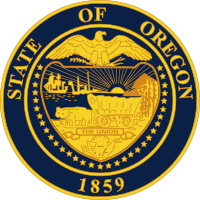 The Oregon Government Ethics Commission has announced the date their new online filing system will go live for lobbyist registration.
The Oregon Government Ethics Commission has announced the date their new online filing system will go live for lobbyist registration.
Starting December 15, lobbyists should be able to register through the new online system for 2016.
The online system has been planned since 2007, and aims to increase transparency by allowing the public to view lobbying and public official financial disclosures online.
November 19, 2015 •
New York Joint Commission on Public Ethics Seeking Public Comment
The Joint Commission on Public Ethics is seeking public comment on a proposed advisory opinion. The advisory opinion is in regards to the applicability of New York’s Lobbying Act to the activities of consultants when they are taking part in […]
 The Joint Commission on Public Ethics is seeking public comment on a proposed advisory opinion. The advisory opinion is in regards to the applicability of New York’s Lobbying Act to the activities of consultants when they are taking part in direct and grassroots lobbying, and whether they are subject to registration and reporting requirements.
The Joint Commission on Public Ethics is seeking public comment on a proposed advisory opinion. The advisory opinion is in regards to the applicability of New York’s Lobbying Act to the activities of consultants when they are taking part in direct and grassroots lobbying, and whether they are subject to registration and reporting requirements.
The advisory opinion seeks to articulate when the Lobbying Act covers the services of consultants, and to clarify the test used to determine when grassroots advocacy constitutes reportable activity.
Comments will be taken by the Committee until December 4, 2015.
State and Federal Communications, Inc. provides research and consulting services for government relations professionals on lobbying laws, procurement lobbying laws, political contribution laws in the United States and Canada. Learn more by visiting stateandfed.com.


